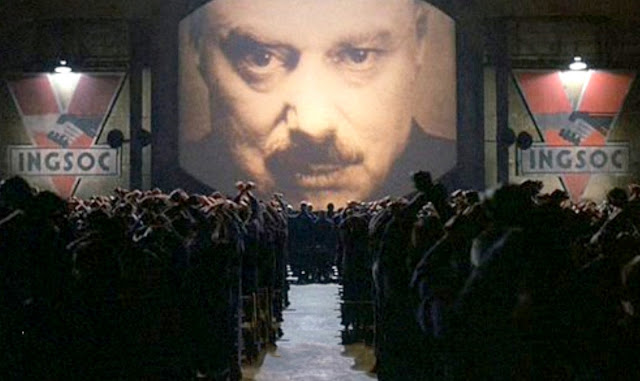My late friend,
the eminent development economist Peter Bauer, liked to complain that while
knowledge had increased, mankind’s capacity for connected thought seemed to
have decreased. François Lamy, France’s new minister of urban affairs,
illustrated Bauer’s point nicely when he visited Amiens recently, a city in
whose northern suburbs the week before his visit a small but nasty riot had
broken out, causing millions of dollars’ worth of damage. As in all such French
suburbs, the youth unemployment rate there is very high. The minister said that
the government would carry out one of Socialist French president François
Hollande’s election promises—namely to allow certain tax exemptions on
companies that hired young workers from suburbs with high unemployment.
Whatever the
merits of such a policy, Messrs. Hollande and Lamy clearly hope and expect that
it will work. What they don’t notice is that this hope and expectation drives a
coach and horses through their entire social philosophy.
What in effect
such a policy acknowledges is that high payroll taxes on French companies
discourages them from taking on new workers. This must be because the cost of
their labor is, thanks to the taxes, higher than its economic value. Only by
lowering the taxes can their labor be made economically worthwhile for an
employer.



















